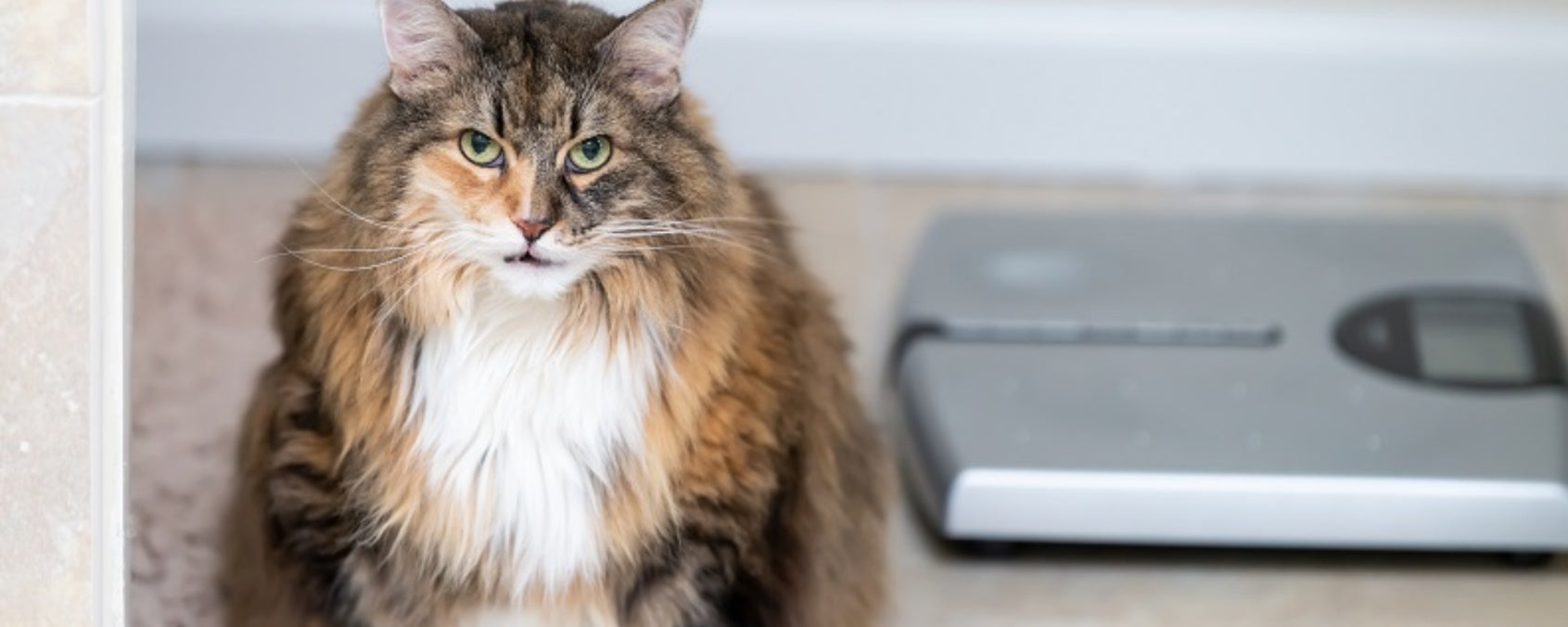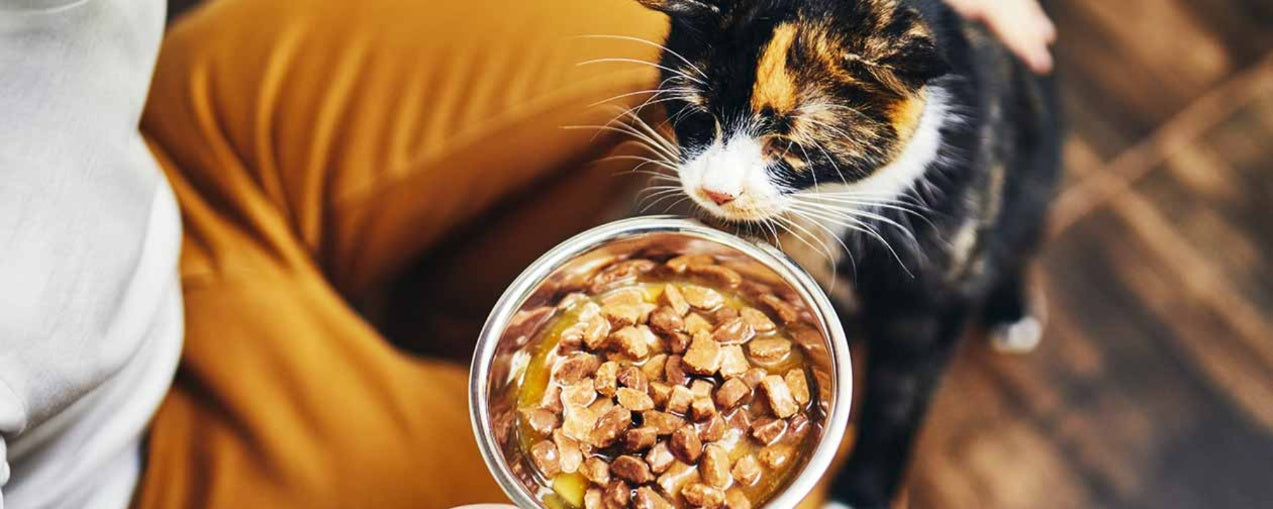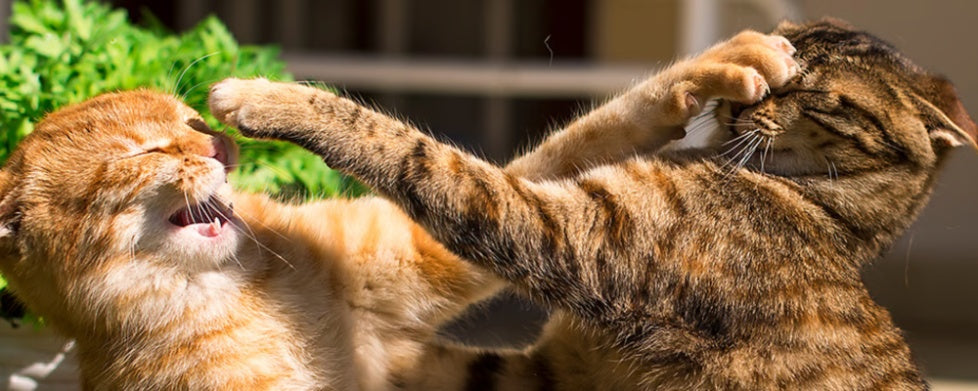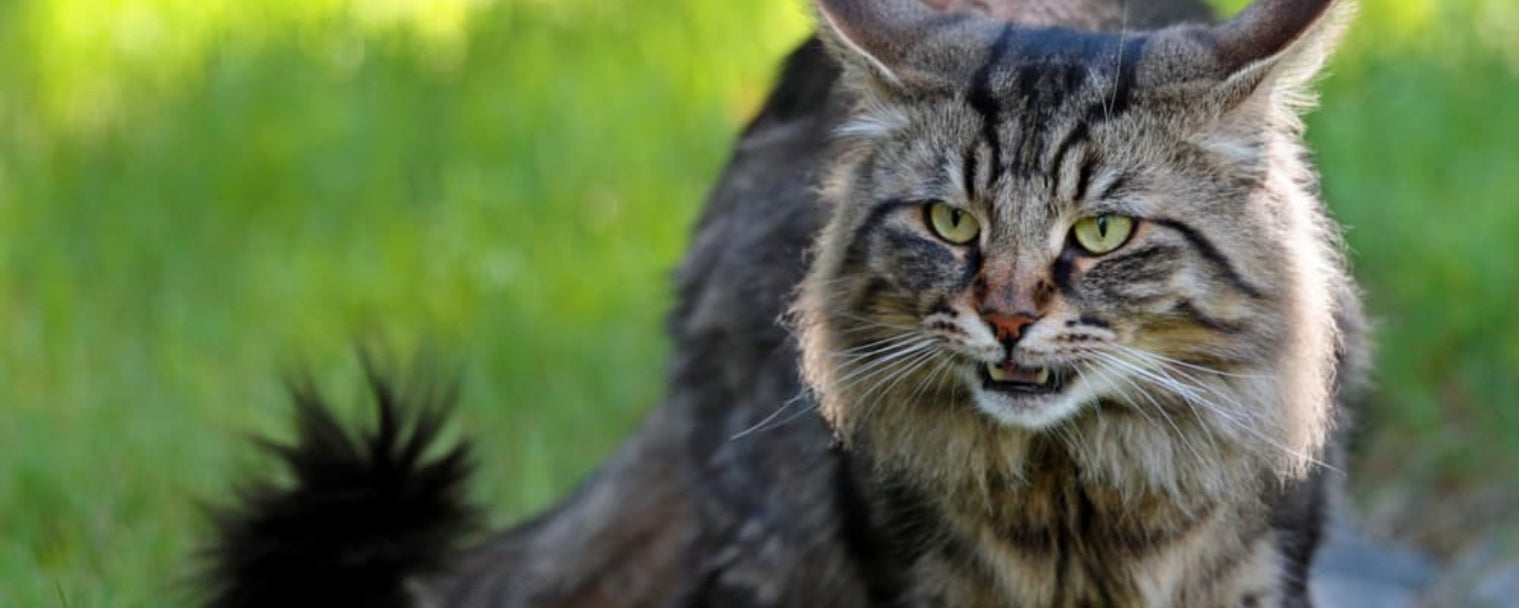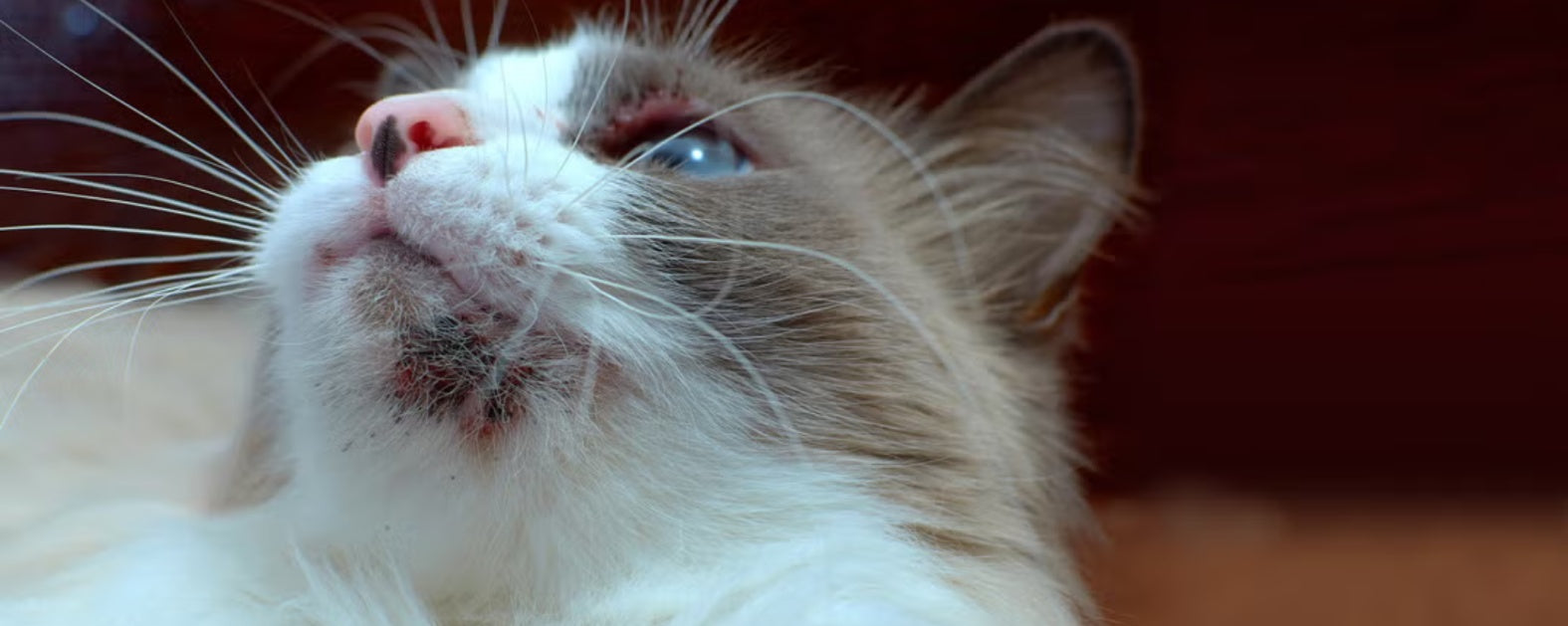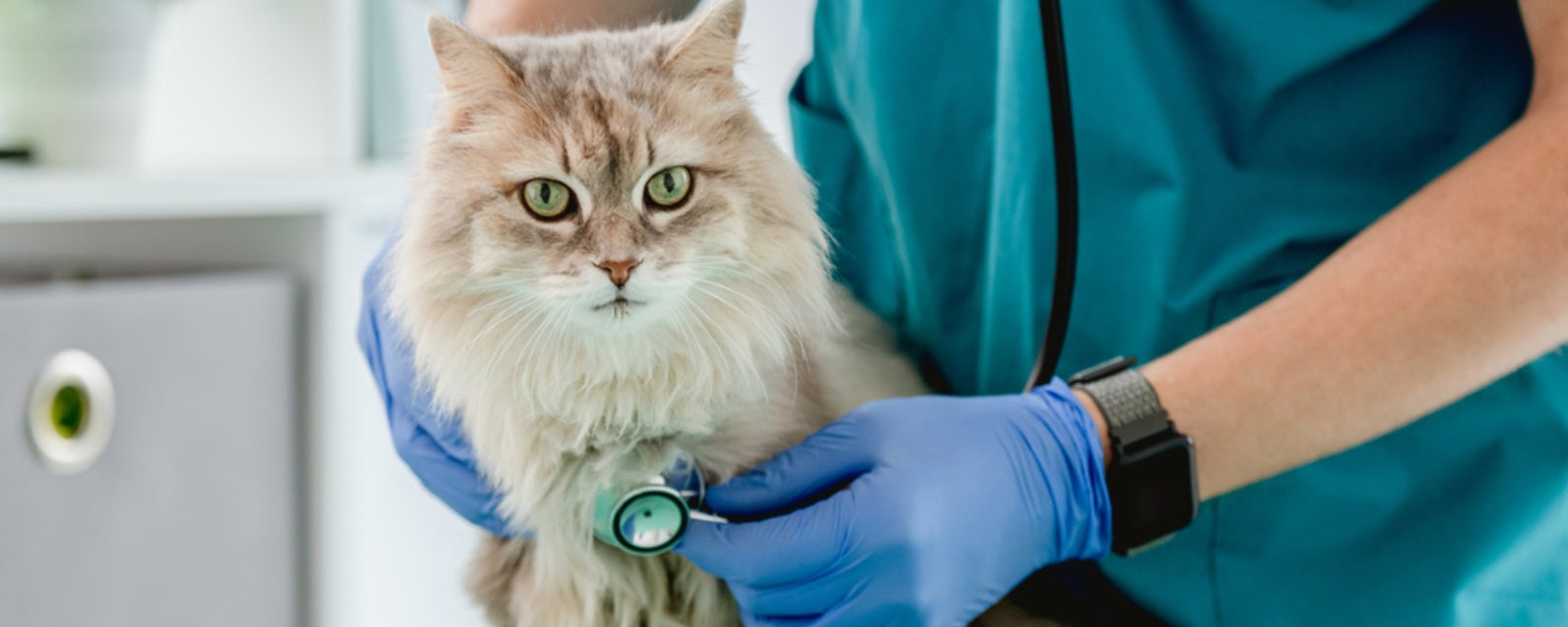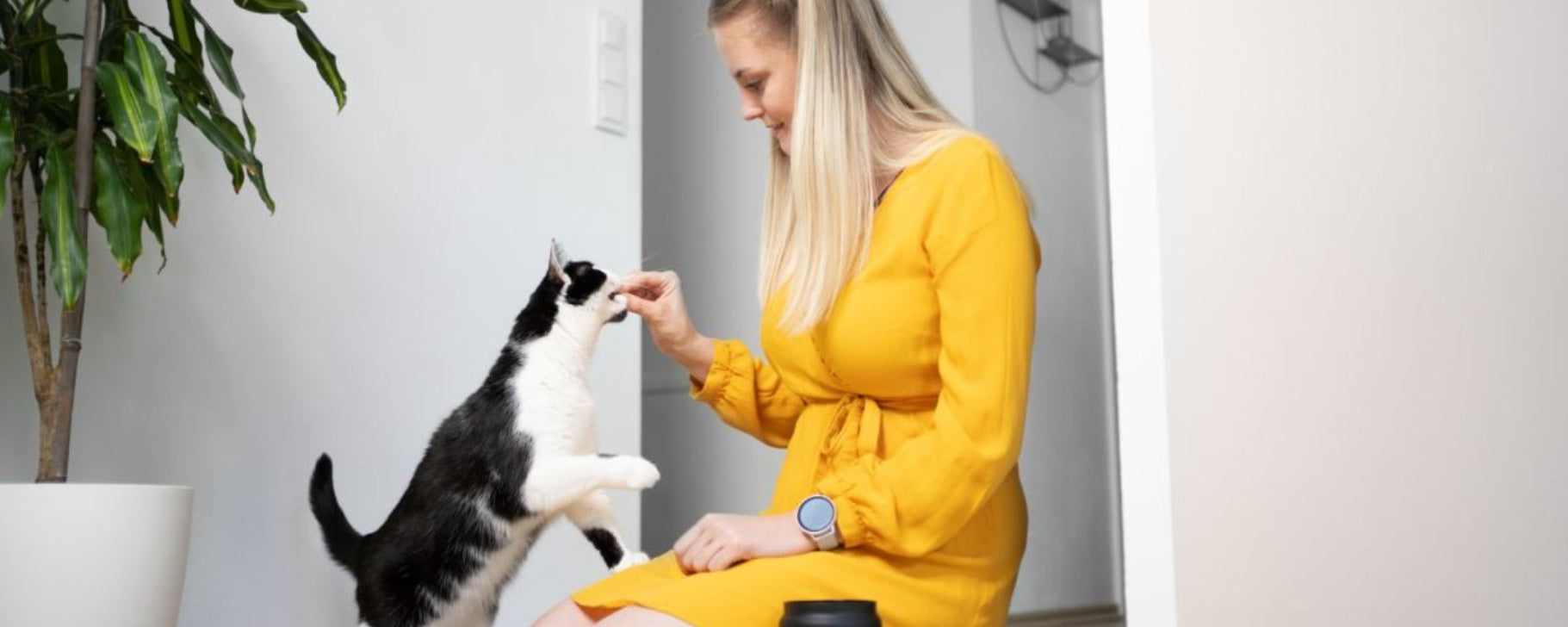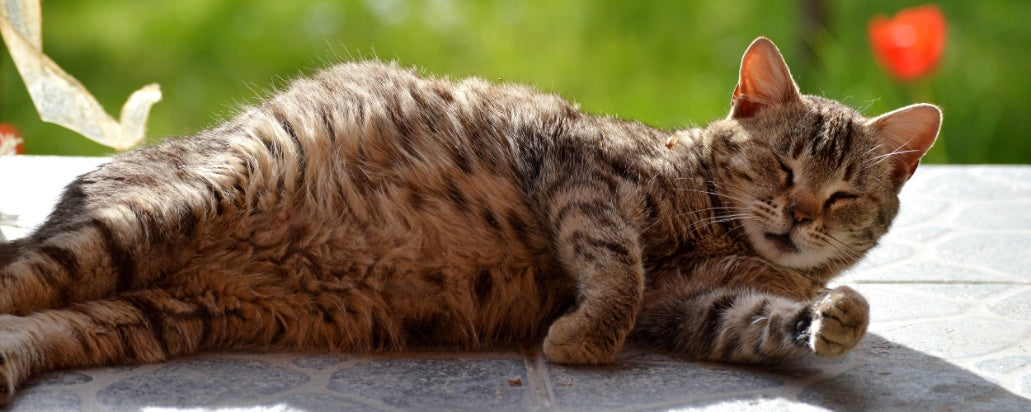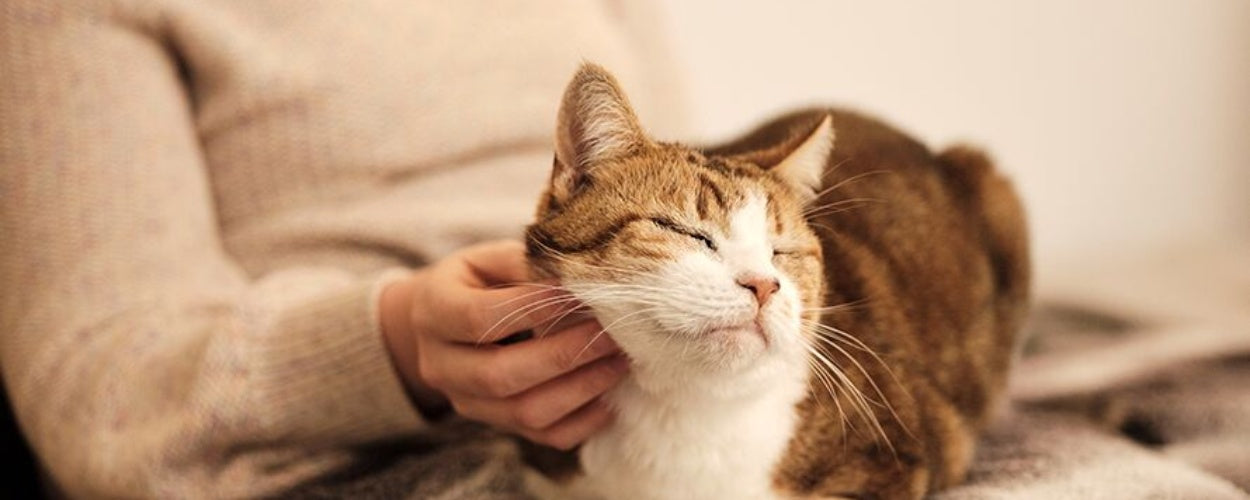Understanding Weight Changes in Senior Cats
Why Do Senior Cats Lose Weight?
Senior cats, particularly those over the age of 11, often face metabolic changes that contribute to weight loss. As they age, their ability to digest and absorb essential nutrients like fats and proteins declines, making it difficult for them to maintain a healthy weight even with normal food intake. Studies have shown that a significant percentage of older cats struggle to process these nutrients efficiently. In addition to these metabolic challenges, health issues such as hyperthyroidism, diabetes, and dental problems can also lead to rapid weight loss. Furthermore, aging can dull a cat’s sense of smell and taste, making food less appealing and resulting in a decreased appetite and reduced calorie intake. If your cat experiences unexpected weight loss, it’s crucial to consult your veterinarian for a thorough health evaluation.
Signs of an Unhealthy Weight
It’s important to regularly monitor your cat’s weight and body condition. Here are some signs that your cat may be underweight:
- Easily felt ribs with little to no fat covering
- A visible or exaggerated waistline when viewed from above
- A pronounced tuck in the abdomen area when viewed from the side
If you notice any of these signs, it’s time to reassess their diet and consult your veterinarian.
The Role of Diet in Managing Weight Loss
High-Calorie, Nutrient-Dense Diets
A nutrient-dense diet is essential for senior cats experiencing weight loss, as it helps address their specific nutritional needs. Foods formulated for older cats are ideal, as they typically contain higher levels of easily digestible proteins and fats. These diets provide the necessary energy in smaller portions, which is particularly important for cats with reduced appetites. To support their overall health, look for diets enriched with omega-3 fatty acids for joint health and antioxidants to boost the immune system. Enhancing the palatability of their meals can also make a significant difference. Warming the food slightly or mixing a small amount of wet food with dry kibble can improve its aroma and flavor, encouraging your cat to eat more and ensuring they receive the nutrients they need.
Portion Control and Feeding Schedule
Senior cats often benefit from smaller, more frequent meals throughout the day instead of one or two large meals. This feeding approach not only helps to manage their calorie intake but also ensures their digestive system isn’t overwhelmed, which can be especially important as digestion slows with age. Breaking meals into smaller portions can also make eating less daunting for cats with reduced appetites or dental issues. Additionally, offering consistent feeding times throughout the day can create a routine, which helps reduce stress and encourages regular eating habits. Consult with your veterinarian to determine the appropriate portion sizes and feeding frequency tailored to your cat’s needs.
Hydration Matters
Dehydration is a common issue in senior cats and can significantly worsen weight loss and overall health. As cats age, they may drink less water due to reduced thirst response, making it essential to ensure they stay hydrated. Incorporating wet food into their diet is an excellent way to boost their moisture intake while also providing essential nutrients. Additionally, placing fresh water in multiple easily accessible locations around your home can encourage them to drink more frequently. Using a cat water fountain, which provides continuously moving water, can be particularly effective, as many cats are naturally drawn to running water. Ensuring adequate hydration not only helps maintain their weight but also supports kidney and urinary health.
Encouraging Activity in Senior Cats
While diet plays a significant role in managing weight, physical activity is equally important. Exercise helps maintain muscle mass, improve metabolism, and enhance overall well-being.
Gentle Playtime
Senior cats may not have the energy for high-intensity activities, but they can still benefit from gentle play. Interactive toys, such as feather wands or laser pointers, can stimulate movement without straining their joints.
Environmental Enrichment
Create an engaging environment to keep your cat active:
- Install cat trees or climbing structures to encourage exploration.
- Provide scratching posts to promote stretching and movement.
- Rotate toys regularly to maintain their interest.
Short, Frequent Sessions
Aim for multiple short play sessions throughout the day rather than long ones. This approach aligns with their natural behavior and energy levels.
The Importance of Regular Veterinary Care
Routine veterinary care is essential for senior cats, as regular check-ups can help identify potential health issues early and provide tailored guidance for managing their weight. During these visits, your veterinarian can determine your cat’s ideal weight based on their age, breed, and overall health, creating a personalized plan to achieve and maintain it. Additionally, underlying conditions such as hyperthyroidism, kidney disease, or diabetes, which are common in older cats, can be detected and managed effectively with the right treatments. Veterinarians may also recommend specific nutritional adjustments, such as prescription diets or supplements, to address your cat’s unique dietary needs and ensure they receive the necessary support for a healthy and active life.
Monitoring Progress
Keeping track of your cat’s weight and overall health is essential for managing their condition effectively.
Weigh Regularly
Use a digital baby scale to weigh your cat weekly. Even small changes can provide valuable insights into their health.
Body Condition Scoring
Learn to assess your cat’s body condition at home. Check for a balance between visible ribs and a healthy fat covering to ensure they’re on the right track.
Balancing Diet and Activity for Long-Term Health
Weight loss in senior cats is often a delicate balance between diet and activity. By addressing their nutritional needs and encouraging gentle exercise, you can help them maintain a healthy weight and improve their quality of life.
Key Takeaways
Identify Causes: Understand the reasons behind your cat’s weight loss and address any underlying health conditions with the help of your veterinarian.
Tailor Their Diet: Provide a nutrient-rich, calorie-dense diet that meets their age-specific needs.
Encourage Gentle Activity: Keep them active through short, engaging play sessions and an enriched environment.
Monitor and Adjust: Regularly check their weight and body condition to ensure progress.
With the right approach, you can support your cat’s health during their senior years, ensuring they remain happy, active, and well-nourished. Always consult your veterinarian before making significant changes to their diet or lifestyle to ensure their safety and well-being.
By staying proactive and attentive to your cat’s needs, you can help them navigate their golden years with grace and vitality.

